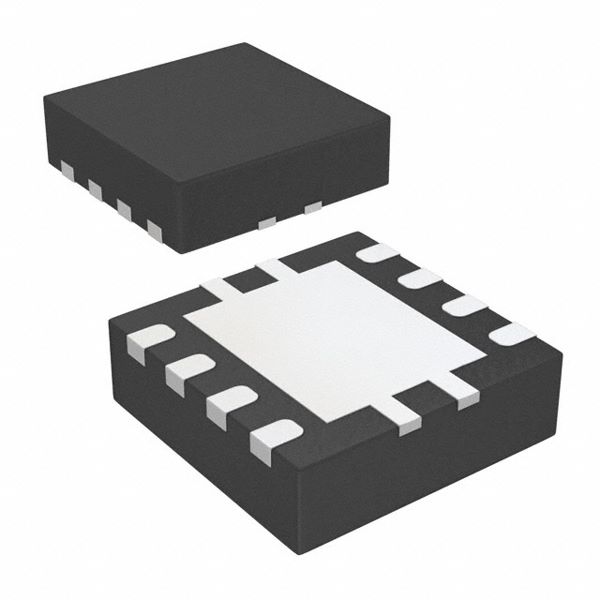This article is part of the TechXchange: EV Battery Management.
Allegro MicroSystems, one of the largest current-sensor suppliers in the industry, beat out an increasing number of competitors to become the sole supplier of these sensors for the main traction inverters to be used in BMW’s entire fleet of electric vehicles (EVs). Stereo Amplifier Ic

Despite playing a rudimentary role in many electronic systems, current sensors are now becoming a bigger battleground in the semiconductor industry. The competition is rising, particularly as power levels climb in everything from EV systems to solar, wind, and other renewable-energy systems to new power-hungry AI processors inside data centers. The market is even luring the likes of Texas Instruments, which has been upgrading its offerings in current-sensor ICs.
These chips are meant to measure the amount of current flowing rapidly and accurately through power supplies and other systems, including traction inverters that supply power from the high-voltage battery pack to the electric motor in the EV. More accurate current sensing ultimately translates to more precise motor control. In turn, this extends the EV’s range per charge by minimizing excess power losses.
Current sensing is one of the most important ways of gaining performance feedback for any electronic control system. Current measurements can be used to enable real-time protection against short circuits and other surges of current or control loops, like peak-current mode or average-current mode control in power electronics. Power management, including charging and discharging high-voltage battery packs in EVs, also hinges on understanding the ins and outs of the current traveling to and from critical loads.
While a wide range of current-sensing technologies exist, they have a long list of pros and cons that must be considered in the context of the overall system and the environmental conditions they will likely encounter. One of the most widely used is the shunt resistor, which is placed in the path of the load and outputs a voltage signal that’s proportional to the current traveling through it. The signal can then be sent through an op amp or current sense amplifier to calculate the current. A shunt is able to measure AC and DC currents from milliamps up to several hundred amps.
Allegro supplies magnetic-based current-sensor ICs that purportedly bring more to the table than shunt resistors, current transformers, and other passives, which, it contends, can be impractical for EV power electronics.
These current sensors take advantage of the fact that the wiring on a circuit board—or any circuit with current cascading through it—produces a proportional magnetic field around it due to the Hall effect. By measuring its characteristics, the current that produced the field—up to thousands of amps of AC or DC current—can be calculated. Unlike traditional current sensing, where it’s necessary to impose the shunt in the path of the load, Hall-effect current sensors have minimal impact on the current being measured.
Allegro’s ICs are considered “non-contact” current sensors because they can be placed in the path of the load, measuring the current as it traverses the package, or they can be placed above the path and sense current through proximity. Built-in overcurrent detection and self-diagnostics in these chips enable BMW to boost safety and reliability while reducing the number of components in the EV, according to the company. It’s also rolling out current-sensor ICs that are rated to ASIL standards for functional safety.
While Hall-effect current sensors are its bread and butter, Allegro is expanding into other types of “non-contact” current-sensor ICs, including TMR-based sensors through its acquisition of Crocus Technology.

Discrete Semiconductors Further details of the Allegro-BMW deal were not revealed.